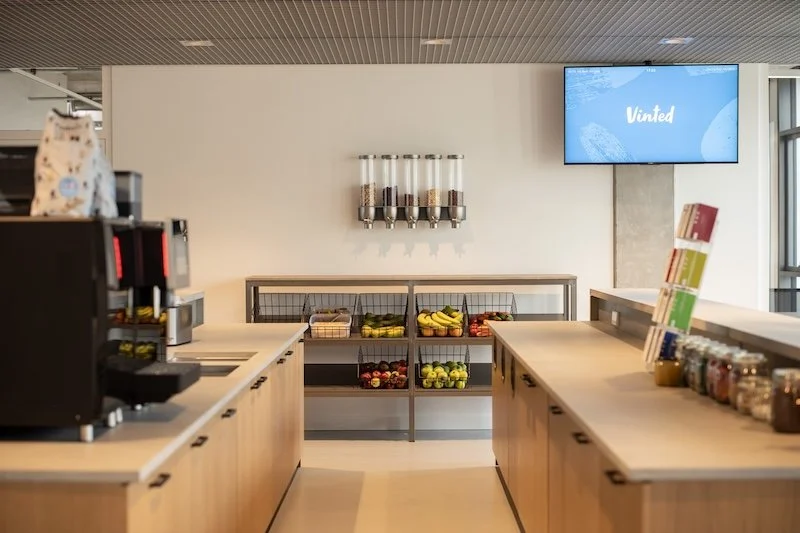Check out these top tips for integrating AI in retail operations
The retail industry is experiencing a significant transformation with the integration of artificial intelligence (AI). AI is enhancing customer experiences, optimising operations, and driving sales.
For retailers looking to stay competitive, understanding how to effectively integrate AI into their operations is crucial.
Understanding the Basics of AI in Retail
AI technology offers numerous benefits for retail businesses, from inventory management to customer service. It can analyse large volumes of data, providing insights that help retailers make informed decisions.
One practical application is using AI powered tools to predict customer demand and manage stock levels more efficiently. Additionally, integrating a portable solar panel can help power these AI systems sustainably, ensuring that operations continue smoothly even during power outages.
Enhancing Customer Experience
AI can significantly improve the customer experience by personalising interactions and recommendations.
Chatbots, for instance, use natural language processing to understand customer queries and provide instant responses. These virtual assistants can handle routine questions, freeing up human staff for more complex tasks.
Moreover, AI algorithms can analyze customer data to offer personalised product recommendations, increasing customer satisfaction and loyalty.

Streamlining Inventory Management
Effective inventory management is essential for retail success. AI systems can predict demand patterns, helping retailers maintain optimal stock levels. This reduces the risk of overstocking or stockouts, which can impact sales and customer satisfaction.
Automated systems can also monitor inventory in real-time, ensuring that stock levels are always accurate. This allows retailers to respond quickly to changes in demand and streamline their supply chain operations.
Optimising Pricing Strategies
Dynamic pricing is another area where AI can add value. By analysing market trends, competitor pricing, and customer behavior, AI algorithms can adjust prices in real-time to maximise profits.
This approach helps retailers stay competitive while ensuring they offer the best value to customers.
Improving Marketing Efforts
AI can transform marketing efforts by providing deeper insights into customer preferences and behaviour. Retailers can use AI to segment their audience and create targeted marketing campaigns that resonate with specific customer groups.
Machine learning algorithms can analyse past campaign data to determine which strategies are most effective, allowing for continuous improvement.
Boosting Employee Productivity
AI can also enhance employee productivity by automating repetitive tasks.
For instance, AI powered tools can handle data entry, order processing, and other routine activities, allowing employees to focus on more strategic tasks.
This not only increases efficiency but also boosts employee satisfaction by reducing the burden of mundane tasks.
Navigating the Future of Retail with AI
As AI continues to evolve, its applications in retail will expand further. Retailers need to stay abreast of the latest developments and be willing to invest in AI technologies to remain competitive.
The key is to integrate AI in a way that complements existing operations and aligns with business goals. By doing so, retailers can harness the full potential of AI to drive growth and innovation.
Embracing AI for Long-Term Success
Integrating AI into retail operations is not just about adopting new technology; it's about transforming the way business is done. Retailers that successfully embrace AI will be better positioned to meet customer needs, streamline operations, and drive profitability.
The future of retail lies in the intelligent use of AI, and those who adapt will thrive in this rapidly changing landscape.






























Continue reading…